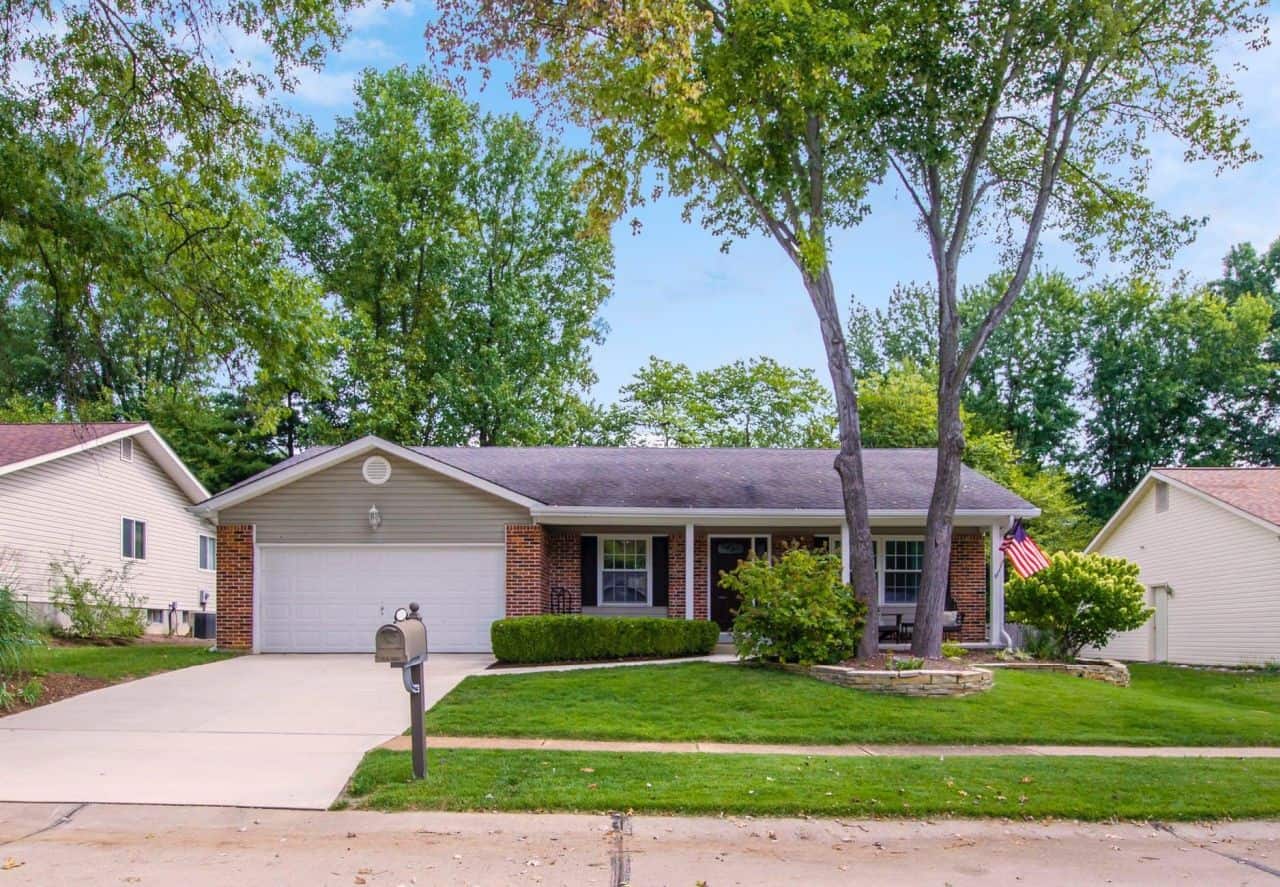Anyone who sells their home hopes to get more out of it than they put into it. Sometimes, this is possible by just maintaining the home and waiting as the market improves. Other times, it’s a matter of putting in a little extra work and taking careful steps during the sales process to help you save money.
If you’re selling your house, look into these simple ways to save on the transaction.
1. Hire a Flat-Rate Brokerage
The typical commission for a real estate transaction is six percent of the sale, three percent to the selling agent and three percent to the buying agent. So, on a home worth $400,000, the commission is typically $24,000 — a huge chunk of your earnings!
You can try to negotiate a smaller commission from your realtor, but it’s often easier and more financially lucrative to use a flat-rate real estate company. They offer a single commission rate from the beginning based on a sliding scale to save you thousands of dollars on the sale of your home.
2. Don’t Try FSBO
This might surprise you, since selling your home without a realtor seems like the obvious way to save money. Realtor fees can be in the tens of thousands, and people are hopeful that they’ll save at least that much by selling it themselves.
It’s true that some sellers make a profit on their FSBO homes, but others lose more money. They spend a few months trying to sell the home without the resources of a realtor, and all the while, they have to pay the mortgage, property taxes, insurance, interest, and other fees that go with their current mortgage. If they’re already living somewhere else, the losses are even more apparent!
Eventually, their house doesn’t sell, and they end up hiring a realtor to do the job for them. Now, their home has been on the market, depreciating in value, they’ve had to pay their mortgage all those months, and they’re still left paying realtor fees.
If you don’t have experience selling homes, it’s probably best to hire a realtor first and avoid the headache.
3. Prep Your House for Sale
The best way to lose money on your home is to let it sit on the market for months and months. If you fail to keep up with basic maintenance and clutter management, it might be difficult to sell the property.
“The moment you decide to sell your home, it’s no longer your home,” reminds Bahareh Kamoei, a California real estate agent. “So you need to declutter and depersonalize to make it as neutral as you can, so you can appeal to as many buyers as possible.”
Consider taking down personal family photos, removing knick-knack type items, packing your collection of Star Wars memorabilia, etc.
It’s also smart to clear countertops and give the home a crisp, clean appearance. This might be a great time to start packing and minimizing your things. Most people find they have far more than they need, and getting the home ready to sell is a great time to condense.
4. Make Small Updates
When selling a home, there’s rarely cause for doing a large remodeling project. In most cases, you won’t get out of the home what you put into it. However, there are a few small updates you can make, usually without the help of a contractor, to make your home show better, boost the asking price, and ultimately save you a little cash on closing.
For example, you may want to paint. Most of the time, you don’t have to paint the interior if the colors are neutral. However, if the paint is damaged or uneven, you’ll want to make those touchups. Additionally, a loud-colored bedroom or dining room might turn buyers away, and you might consider repainting with a neutral color.
It doesn’t hurt to change out a few light fixtures, paint the front door, add a little landscaping, and change the hardware on your bathroom and kitchen cabinets. These changes are small and affordable, but they’ll spruce up your home for showings.
5. Price the Home Right from the Start
To avoid huge losses, price your home correctly the first time. It should be priced according to market value rather than trying to jack up the price in order to see a better offer. Rarely, a seller will get that higher asking price, but more commonly, the house will sit on the market for weeks before the buyer is forced to reduce the price. Price reductions and time on the market equal less negotiating power for sellers. If you do overprice the home, you’ll usually know within the first week or two. If you’ve had no showings or offers, it’s usually a sign that it’s priced too high, and if you don’t adjust quickly, you risk losing a great deal of money by letting it sit on the market unpurchased.
